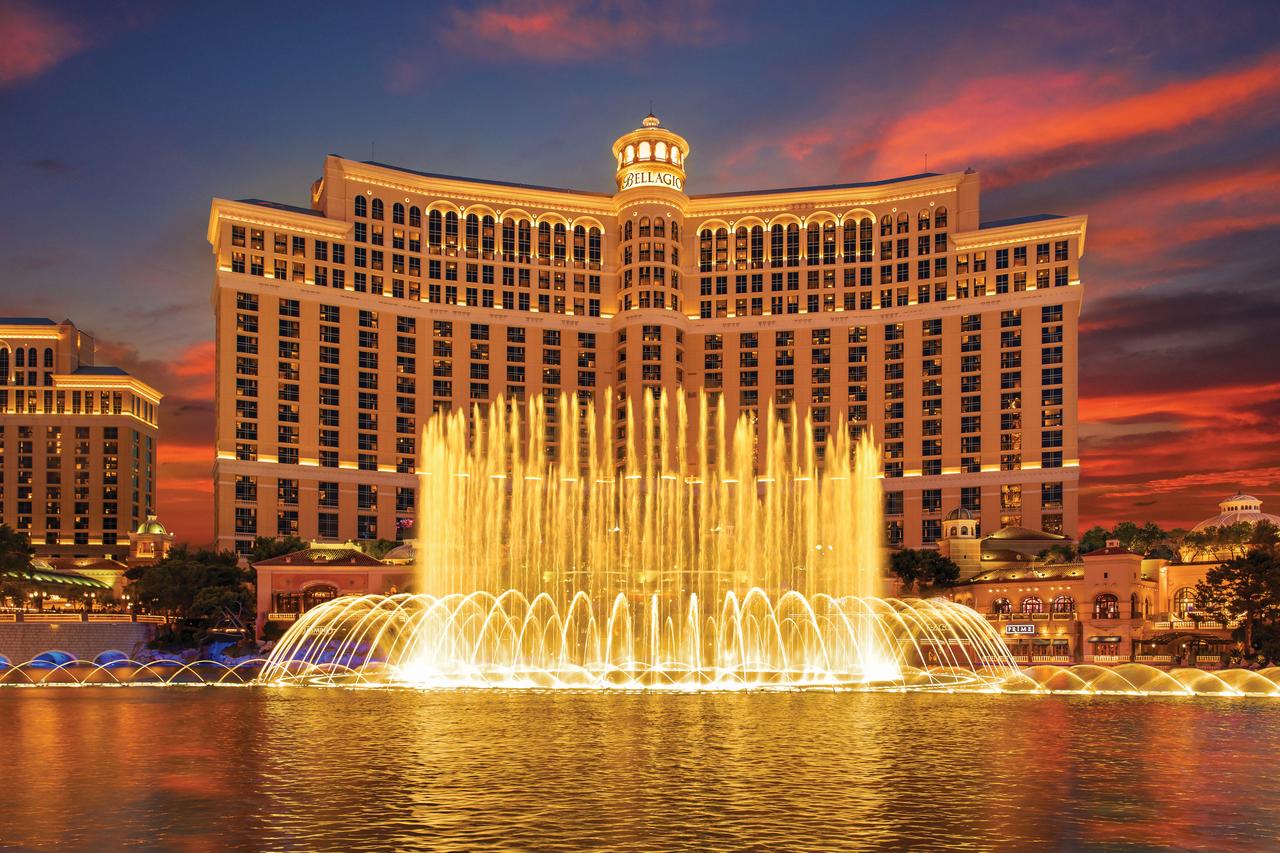
Gambling games have long been a fascinating entertainment option, drawing millions of players from diverse cultures around the globe. From the opulent casinos of the Strip to the thriving gambling halls of the Cotai Strip, these games serve as a common thread that connects people across various backgrounds. The allure of fortune, tactics, and gambling entices not only those seeking to gamble for profit but also those looking for a sense of community.
The influence of casino games extends well beyond the gaming floor. They often represent the values and traditions of the societies in which they thrive. Games such as seven-card stud, blackjack, and the spinning wheel have woven themselves into the fabric of mainstream culture, influencing multiple fields from films to style. As we explore this fascinating intersection of gambling and culture, we can comprehend better how these games shape and are influenced by the world around us.
Chronological Evolution of Casino Games
The origins of gambling games can be traced back to old cultures, where betting in different forms was widely engaged in. In China, around two thousand three hundred years before Christ, a type of lottery known as Keno was common, while in historic Rome, soldiers would frequently gamble on the results of their contests. The notion of using chance for fun and gain developed over the centuries, leading to the creation of more organized games. By the end of the Middle Ages, betting houses began to emerge in Europe, notably in Italy, which introduced early incarnations of popular activities still enjoyed today.
As gambling gained recognition in European regions, the 17th and 18th centuries saw the emergence of casinos as dedicated establishments for gambling. 78win The earliest official gaming venue, the Ridotto, was founded in Venice in 1638, providing activities like Baccarat and Faro games. This time marked a crucial shifting point, as casinos started to attract not just the elite but also the expanding middle-income class. The refinement of activities evolved, leading to the development of new guidelines and modifications that enriched the experience of players.
In the 19th century, the industrial revolution and transformations in societal conventions also transformed the terrain of gambling activities. The launch of the game of roulette and new slot machines drew a broader audience, and casinos became seen as legitimate fun. This era witnessed the globalization of casino activities, as gambling houses extended from the continent to the Western Hemisphere, culminating in the creation of the iconic Las Vegas Strip in the 20th century. The progress of casino activities has persisted into the present day, integrating new technologies and digital platforms, making them accessible to a worldwide audience.
# Cultural Significance within Diverse Communities
Casino games have deep-rooted cultural and social value in numerous societies around the world. For instance, in Las Vegas, the very essence of the urban landscape is woven around gambling establishments, where playing is not just a recreational activity but a central aspect of social engagement and community interaction. The bright lights and lively atmosphere attract millions, showcasing how games of chance can impact local economies and cultural uniqueness. This setting transforms the notion of relaxation into an immersive event that influences apparel, music, and even movies.
Conversely, some societies approach wagering with greater care, viewing it through the lens of ethical considerations and customs. For example, in many Asian cultures, games like Mahjong and Pai Gow are rich with history and carry significant social relevance. These games are often played during meetings and occasions, fostering community bonds and strengthening kinship ties. The act of participating in these games goes above mere amusement, reflecting ethics such as honoring elders and the value of collective enjoyment.
Meanwhile, in European countries such as Monte Carlo and Rome, games of chance serve as symbols of luxury and elegance. The elegant atmosphere of these establishments attracts both tourists and native inhabitants, maintaining a sense of status and rarity. The art of the game of poker and the strategic elements of games like the game of baccarat are esteemed, shaping community relationships and cultivating an attraction that enthralls a varied audience. This underscores how casino games can simultaneously mirror and mold societal views towards hazard, benefit, and community interaction.
Economic Impact and Tourism
Gambling activities play a important role in the economic landscape of many regions, particularly those that depend significantly on tourism. The revenue produced from gambling establishments fuels local economies, creating employment opportunities not only within the casinos themselves but also in connected industries such as hotel management, restaurant services, and recreation. This surge of tourists, drawn by the allure of games and the overall casino experience, stimulates spending across multiple businesses, contributing to the economic health of the region.
The presence of casinos often leads to the construction of facilities, including hotels, transportation systems, and recreational facilities. These developments are essential in enhancing the overall visitor satisfaction, making locations more attractive to visitors. Additionally, many casinos contribute in local communities through support of activities and charitable initiatives, further embedding themselves into the community structure of the locality. Such investment not only supports economic growth but also fosters a positive reputation of the casino industry.
Moreover, the global popularity of casino games drives competitive tourism, with regions vying to attract gamblers from around the world. Iconic destinations like Las Vegas and Macau have become synonymous with casino culture, drawing millions annually. This competitive edge encourages innovation and diversification within the gambling sector, influencing trends in leisure and accommodation that extend beyond their borders. The ripple effects of this visitor influx extend far, impacting local economies and cultural exchanges on a global scale.
